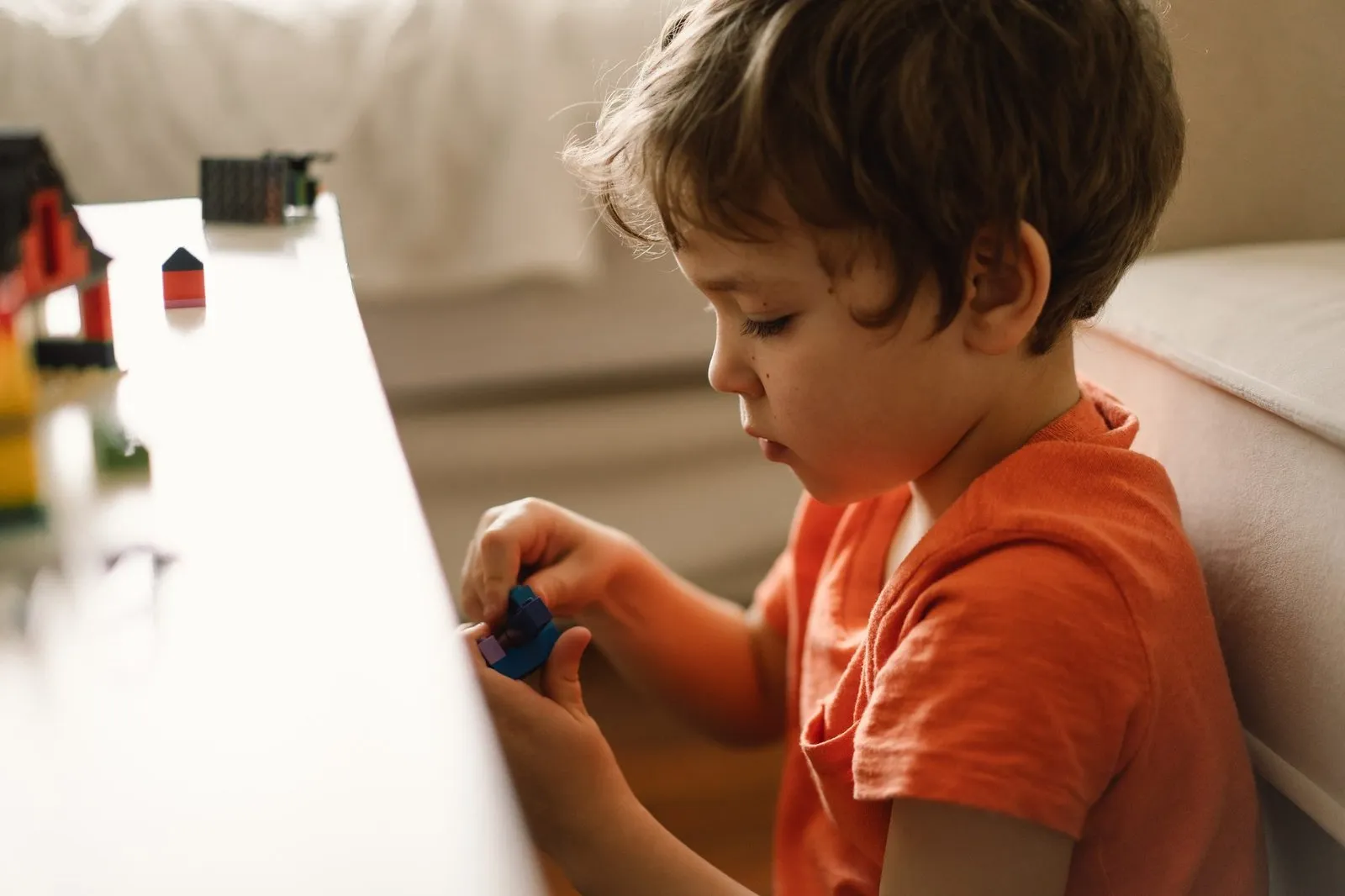
What is Paediatric Psychology?
Paediatric psychology focuses on the psychological and emotional well-being of young people, particularly those managing medical conditions, chronic illnesses, or physical disabilities.
10-30% of young people are impacted by physical health problems and chronic illness. Those affected are also at a greater risk of developing psychological problems associated with their physical health difficulties.
There is also research to support the efficacy of psychological interventions for a number of medical conditions, including Type I and II diabetes, asthma, medically unexplained symptoms, procedural distress, managing chronic pain, adherence to treatment.
This is in addition to improving their overall quality of life, and reducing related mental health difficulties.

Psychological Impact of Physical Conditions
Children with medical conditions may experience various psychological difficulties, including:
- Anxiety and fear related to medical procedures or health outcomes
- Depression or low mood due to lifestyle limitations or chronic pain
- Emotional distress and frustration when coping with physical challenges
- Difficulties with adherence to medical treatments or therapy
- Social withdrawal or isolation due to feeling different from peers
- Adjustment difficulties when transitioning between treatments, schools, or social environments

Causes & Contributing Factors
Several factors can influence a child’s psychological response to a physical condition, including:
Nature and severity of the condition – The level of impairment and medical complexity can impact emotional well-being.
Family and social support – Parental responses, sibling relationships, and peer support play a crucial role in adjustment.
Medical trauma and past experiences – Previous hospitalisations, painful procedures, or uncertainty about health outcomes can increase distress.
Developmental stage – Different age groups process and cope with illness differently, requiring age-appropriate interventions.

Best Treatment for Adjusting to Physical Health Difficulties
Psychological support can significantly improve a child’s ability to adjust and thrive despite health challenges. Evidence-based approaches include:
Cognitive Behavioural Therapy (CBT):Helps children manage anxiety, pain, and negative thoughts related to their condition.
Acceptance & Commitment Therapy (ACT): Encourages resilience and acceptance of limitations while promoting a fulfilling life.
Systemic & Family Therapy: Supports parents and siblings in understanding and managing the emotional impact of illness.
Mindfulness & Relaxation Techniques: Teaches stress reduction and coping skills for pain management and emotional regulation.
Behavioural Interventions: Helps with treatment adherence and developing positive health behaviours.
Living with a medical condition can be challenging, but with the right psychological support, children and families can develop resilience and improve their quality of life.
Anytime. Anywhere.
We’re here when you need us.







.svg)

.svg)
.png)

